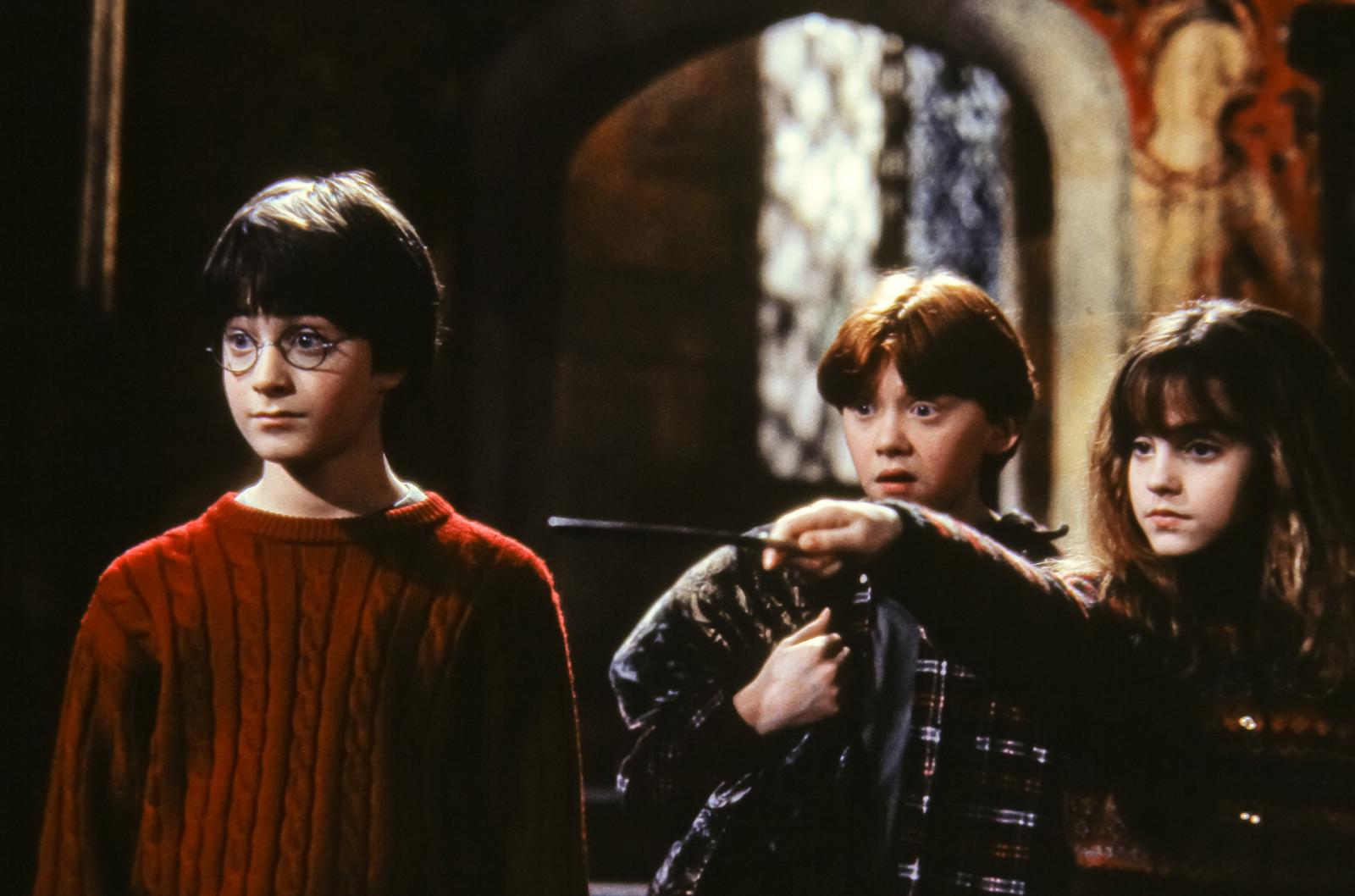Why Do the First Two Harry Potter Movies Look So Different to the Rest?

The sudden change in style after the first two films is easily explained, and it has nothing to do with the young actors growing up.
The Harry Potter films have been a massive hit with young audiences since The Philosopher's Stone was released in 2001, and much of the fandom has grown with Harry over the years. Unsurprisingly, each new installment of the series was darker than the previous one as more adult themes emerged. Warner Bros. and J. K. Rowling wanted the movie franchise to remain relevant from the first to the last part, so the changes in atmosphere were inevitable.
But why are the first two films so strikingly different from all the others?
Discussing this frequently-asked question on Reddit, fans decided to speculate on various options, and two of them turned out to be the most realistic.
Firstly, The Philosopher's Stone and The Chamber of Secrets were both directed by Chris Columbus, an innovative thinker in the field of children's cinema. He's the one responsible for the terrific cozy atmosphere of the first two films, perfectly complemented by the stunning but slightly old-fashioned camerawork of John Seale and Roger Pratt.

Many people note that the first two movies retain more of the original magical feel of Rowling's books, as they combine the quirky atmosphere of a wizarding school with one or two darker scenes that create tension.
When Alfonso Cuarón took the director's chair for the third part, Harry Potter changed forever, moving away from childlike adventures towards a darker teenage style, and the later installments were focused more on character struggles and macabre moments, lacking the fairy-tale feel that Columbus' films conveyed.
Some fans believe that the sudden change in atmosphere may be due to another major replacement after the second movie: Michael Gambon becoming the new Professor Albus Dumbledore following the death of Richard Harris in 2002.
Many argue that the new version of the legendary wizard reflected the darker approach to the story, while Harris' portrayal was more delicate and tender, in line with the overall mood of the first two films.